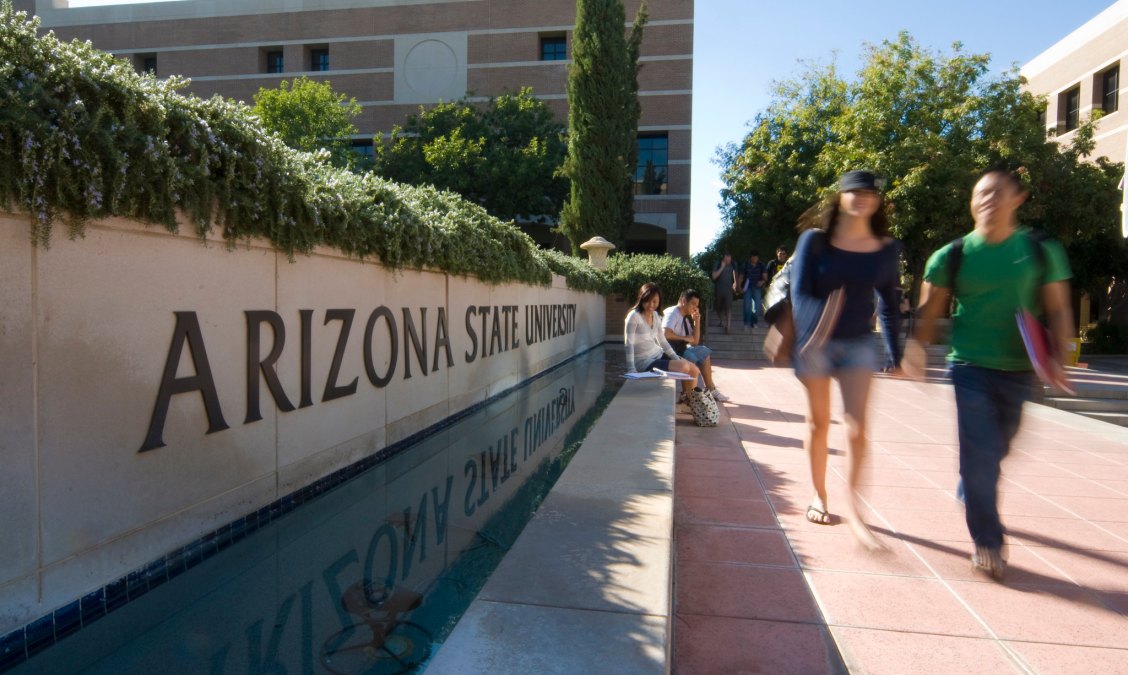ASU student newspaper retracts 24 articles written with generative AI

Leaders at Arizona State University’s student newspaper, The State Press, announced on Monday that they retracted 24 stories from the paper’s website after discovering the articles were at least partially written by generative artificial intelligence software.
The retracted articles, which date from last September to this month, include 13 weekly horoscopes, nine news articles about the university’s art scene and two editorials.
“The State Press has a zero-tolerance policy for using generative AI for any published content,” the paper’s editorial board wrote in the announcement. “The consequences for any reporter or writer using AI to compose any part of a story is immediate termination from their position at The State Press and a potential report to the standards board of their corresponding college or school at Arizona State University.”
The pages of the redacted articles are still live and, in most cases, the original bylines were removed and text for the articles was replaced with notices explaining that generative AI had been used.
The notice also states that the student reporter responsible is no longer on staff.
Staff with The State Press said they verified the “validity and accuracy” of the sources the reporter spoke with for a majority of the retracted stories. Angelina Steel, the paper’s executive editor, told EdScoop the paper is opting not to disclose any additional information, such as how editors first became aware that a student journalist was using generative AI.
By cross referencing social media posts, EdScoop found the fired reporter’s name was published on at least 19 of the 24 retracted articles. The reporter still has five articles on The State Press website.
In January, the university announced a unique partnership with OpenAI in an effort to empower faculty, staff and students to explore the potential of generative AI.

